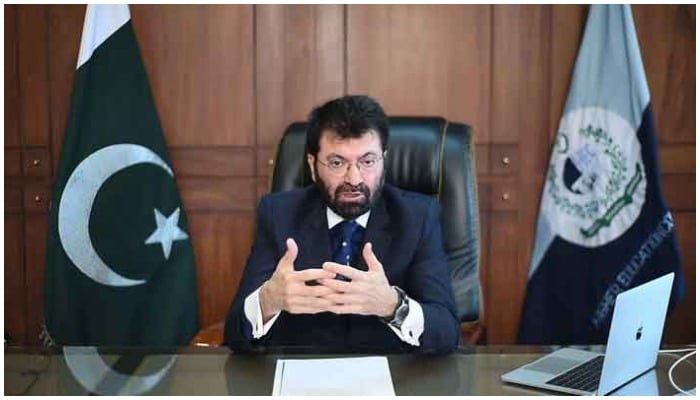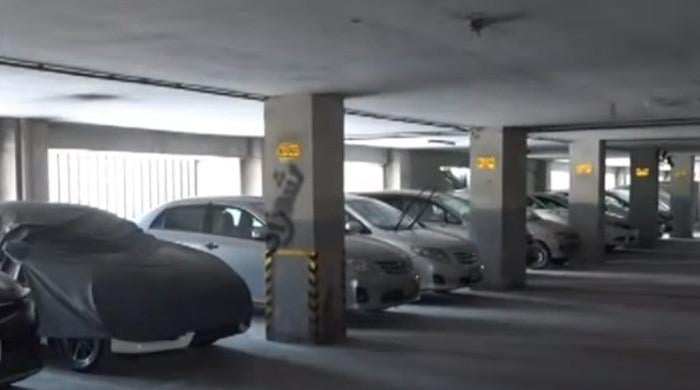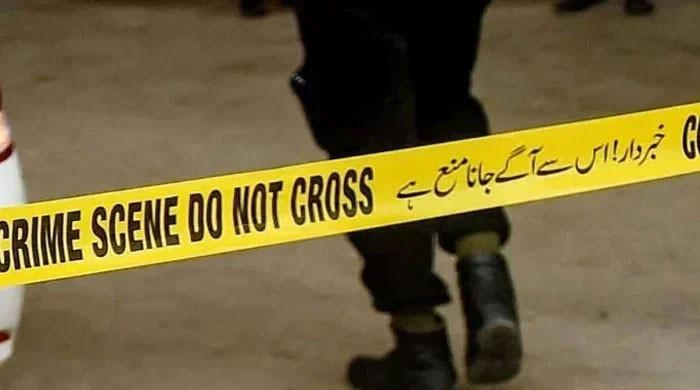Our education system can produce neither good students nor good citizens: HEC chairman
HEC Chairman Dr Tariq Banuri says country has been paying price of blunders made in its education system in past decades
March 06, 2022

- HEC Chairman Dr Tariq Banuri says country has been paying price of blunders made in its education system.
- Speakers at a KLF session recognise need for major reforms in Pakistan's education policies and system.
- Agree that Pakistani universities need to be made autonomous and given academic freedom.
Pakistani universities need to be made autonomous and given academic freedom in order to mould their students into good citizens. This was the consensus reached by the participants of a session that discussed higher education in Pakistan on the second day of the Karachi Literature Festival 2022, The News reported.
The speakers at the session 'Higher Education: Creating Good Citizens, not just Good Students’, moderated by Fauzia Shamim also recognised the need for major reforms in the country's education policies and system.
"We have spoiled our children while our education system focuses neither on creating good students nor good citizens," Higher Education Commission of Pakistan (HEC) Chairman Dr Tariq Banuri said when asked in what ways the Pakistani universities could create good citizens besides good students.
He said that the country has been paying the price of blunders that have been made in its education system during past decades.
Further explaining his point, Dr Banuri said that one should consider several aspects while pondering over this issue.
The first aspect, according to him, was that knowledge was something that was produced in a community as a whole.
"Creation of knowledge is not a solo exercise, but everywhere in the world people learn from each other", Dr Banuri remarked, adding that human societies built common knowledge that helped them build common narratives.
He said that knowledge had several types, epistemic knowledge and technical knowledge to name a few.
According to Dr Banuri, epistemic knowledge was what the students learnt in classrooms, while technical knowledge was acquired through practice, experience, involvement and interaction.
The HEC chairman said that both the epistemic and technical knowledge had different directions and they needed separate approaches in teaching.
He added that there was a third type of knowledge that neither was taught in classrooms nor learned through practice and experience. He explained that it was the knowledge of justice that could be absorbed only through empathy.
For example, he said, the answers to questions such as what are the experiences of a female growing up in a society like that in Pakistan and what are the experiences of being a member of a minority community or a black person in the West could not be learned or taught.
Dr Banuri said imparting different types of knowledge required different approaches and communication techniques. He added that if we wanted a better and more prosperous society, we should understand the medium of knowledge and the universities had a central role in all these processes.
He said teachers at varsities can get students involved in practices, exercises and experiences so that those students could understand the medium of knowledge and became good students and citizens. To achieve this, it was necessary to ensure the autonomy of universities, he remarked.
He advised the teachers and students should keep their struggle continued for the autonomy of varsities, academic freedom and due rights.
Shahnaz Wazir Ali, the president of Shaheed Zulfikar Ali Bhutto Institute of Science and Technology (SZABIST) and former MNA, said that today’s universities were not addressing fundamental societal issues.
A certain group of policymakers had pushed the varsities to teach science, engineering and technology, she said, adding that the universities were not focusing on social sciences through which we could solve our societal problems.
Responding to a question, Shahnaz said that every sector had its own political dynamics and the education sector was also a political economy in Pakistan.
We all want well-equipped schools and there is no difference of opinion among us, she said, asking whether our state was ready to ensure that. “We all know that the schools located in far-flung areas and underdeveloped localities of the city are in a sorry state. The schools and colleges are not functioning up to the mark. Now the situation of universities is at the worst stage.”
She held all the past governments responsible for bringing education on the verge of collapse. She said the country was a security state instead of a welfare state, due to which private sector universities and schools were flourishing and state-run educational institutions were on the decline.
The SZABIST president accused the incumbent federal government of trimming down the HEC’s powers and constantly attacking the commission. The government wanted to bring the HEC under the ministry of federal education, she said. She lamented that it had also cut the budget of varsities forcing their vice-chancellors to manage funds from various sources.
Dr Shahid Siddiqui, head of the Centre for Humanities & Social Sciences at the Lahore School of Economics, said that our contemporary education system relied on the private sector to prepare new entrants for the market. There was no space for ethics in this liberal model of education, he lamented.
Dr Arfana Mallah of the University of Sindh said there was no difference between good students and good citizens. If we produced good students, they would automatically become good citizens, she stated.
According to her, the problem was that we were producing graduates as per the market requirements.
She said that when students protested for their legitimate rights, the state lodged FIRs against them.
"On one hand, we expect from the varsities to produce good citizens and on the other, we discourage them," she remarked.











